
Hong Kong artists mark Tiananmen quietly or overseas
Avant garde street performance, politically charged theatre, pro-democracy music and poetry -- powerful works of art dealing with China's bloody Tiananmen Square crackdown that were once commonplace in Hong Kong...
2023-06-02 15:45

Vintage computer that helped launch the Apple empire is being sold at auction
A vintage Apple computer signed by company co-founder Steve Wozniak is being sold at auction
2023-08-02 02:47
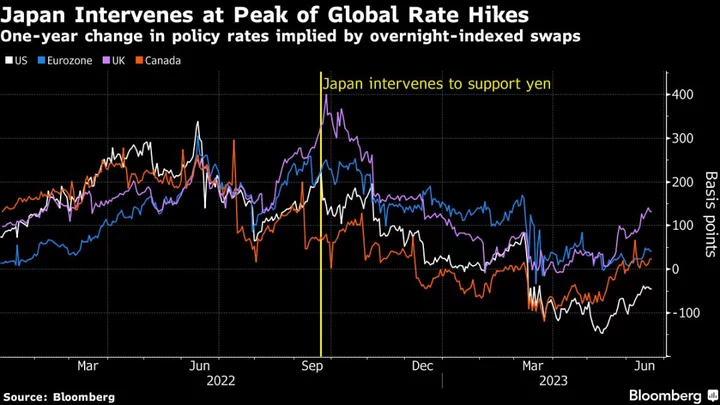
Weak Yen Now the Key to Stronger Currency and BOJ Pivot Later
Japanese policymakers and business leaders appear far more sanguine about the recent slide in the yen than they
2023-06-28 06:26

Get seamless connectivity for less with up to 40% off eero mesh WiFi routers
Our top picks: Best WiFi mesh router deal overall Amazon eero 6+ mesh WiFi router
2023-09-20 23:15

Charge your phone on the go with this smart utility keychain for under $45
TL;DR: As of July 10, get The WonderCube Pro All-In-One Mobile Keyring for just $43.99
2023-07-10 17:55

Whatnot Pays Homage to Golden Age of Sports at The National Sports Collectors Convention
CHICAGO--(BUSINESS WIRE)--Jul 24, 2023--
2023-07-24 21:26
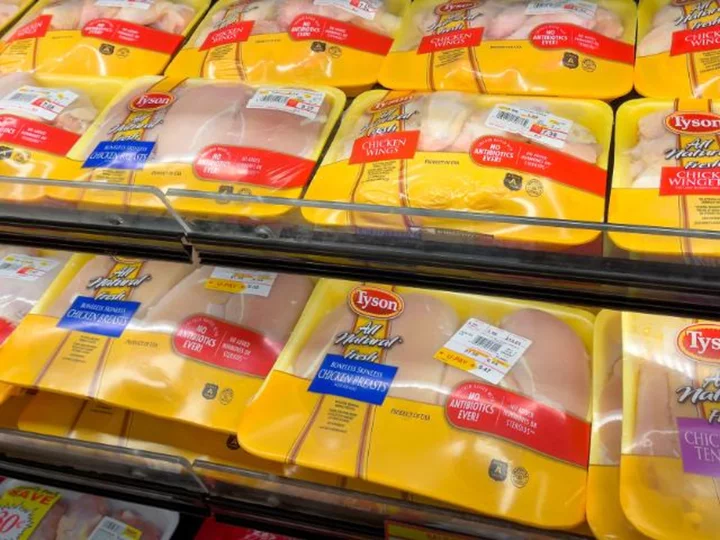
Tyson will stop using its 'no antibiotics ever' label on chicken
Tyson will once again use certain antibiotics in its chickens, eight years after it announced plans to ditch the drugs in some of its production and slapped a "no antibiotics ever" label on its packaging.
2023-07-03 22:23

Which Amazon Kindle Is Right for You?
If you're a book lover who wants to give your library a high-tech upgrade, the
2023-07-07 23:16

A lot of older Twitter posts got wiped out by a glitch
Well, that's a bummer. X (formerly known as Twitter) has been around for a long,
2023-08-22 01:23
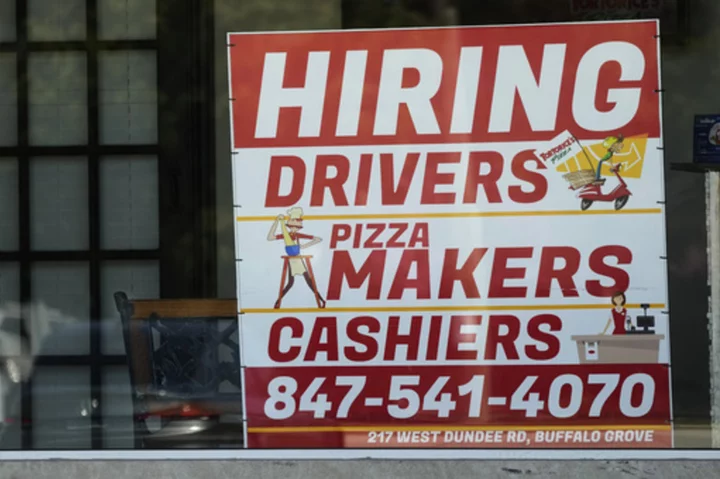
Share of US employees working on-site drops from 84% to 74% in pandemic's first year
Workers in the fields of computer science, real estate, finance and insurance experienced the greatest bumps in working from home during the first years of the pandemic, while it barely budged for laborers in occupations like stockers, truck operators and order fillers
2023-06-28 03:56

The 'Oppenheimer’ cast on shooting the film's most remarkable moments
Mashable editor Shannon Connellan sits down with Matt Damon and Emily Blunt to discuss what
2023-07-20 22:29

Why did NYC grocery chain remove KSI and Logan Paul's energy drink PRIME?
KSI and Logan Paul's ambitious joint venture has encountered criticism from a substantial portion of its consumer base who were once avid supporters
2023-08-06 21:54
You Might Like...
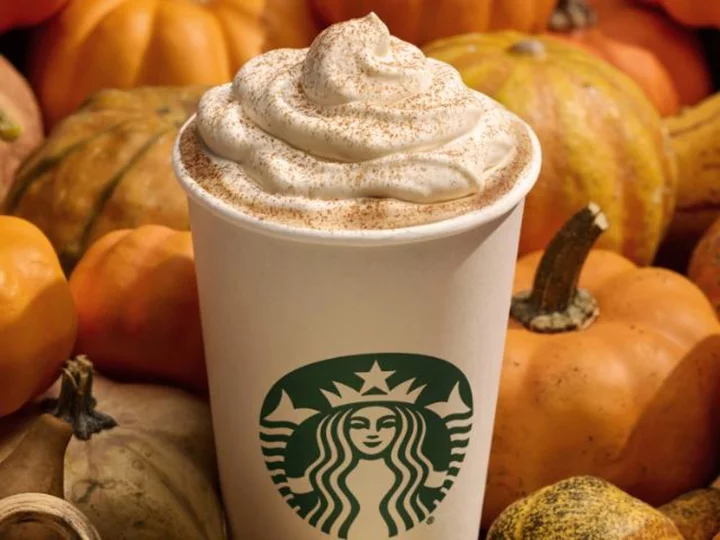
Starbucks' Pumpkin Spice Latte is back, and it's celebrating its 20th anniversary

MGM and Caesars Hacked by Same Group in Span of a Few Weeks
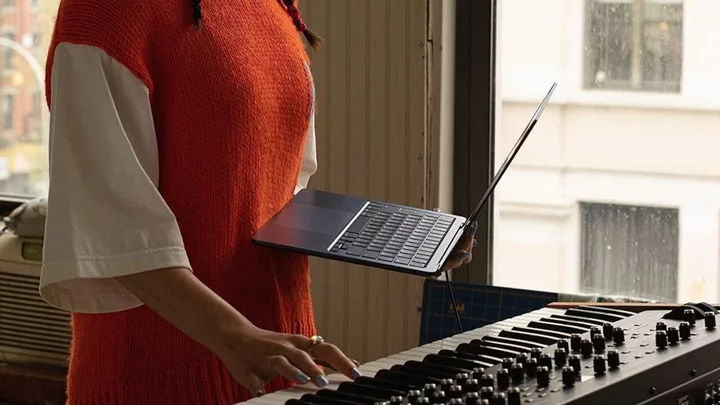
The 2022 MacBook Air is on sale for nearly $150 off at Amazon
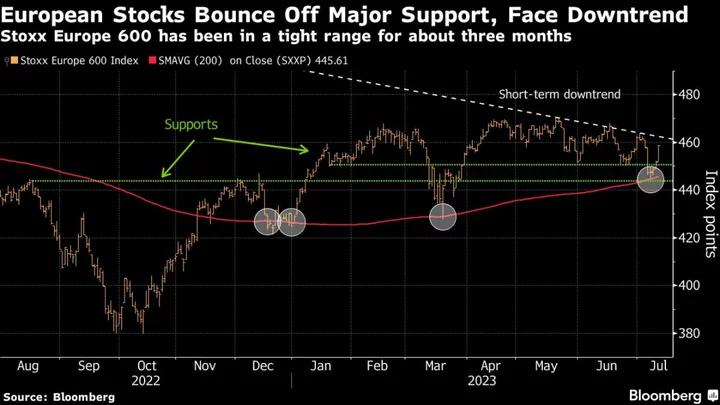
European Stocks Decline on China Data; LVMH Leads Luxury Lower
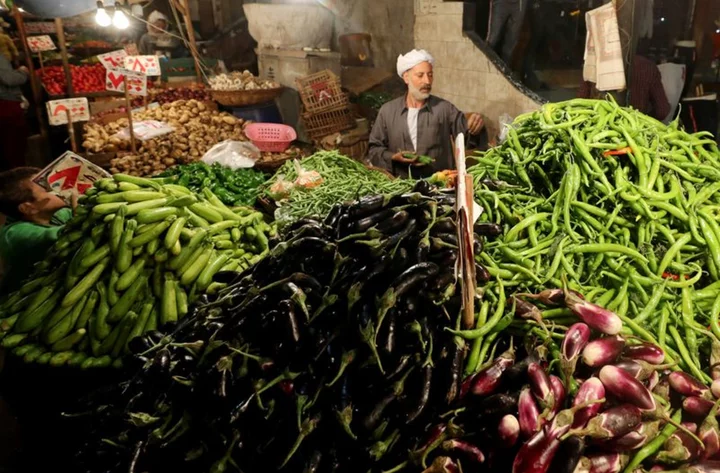
Egypt's headline inflation rises to record 36.5% in July

From Barbie to millennial pink, the cultural phenomenon behind the color that sells
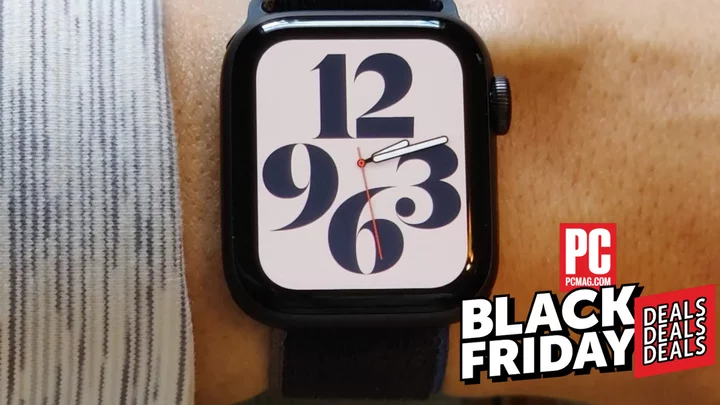
Best Apple Black Friday Deals at Walmart: iPhones, AirPods, iPads Are Still On Sale
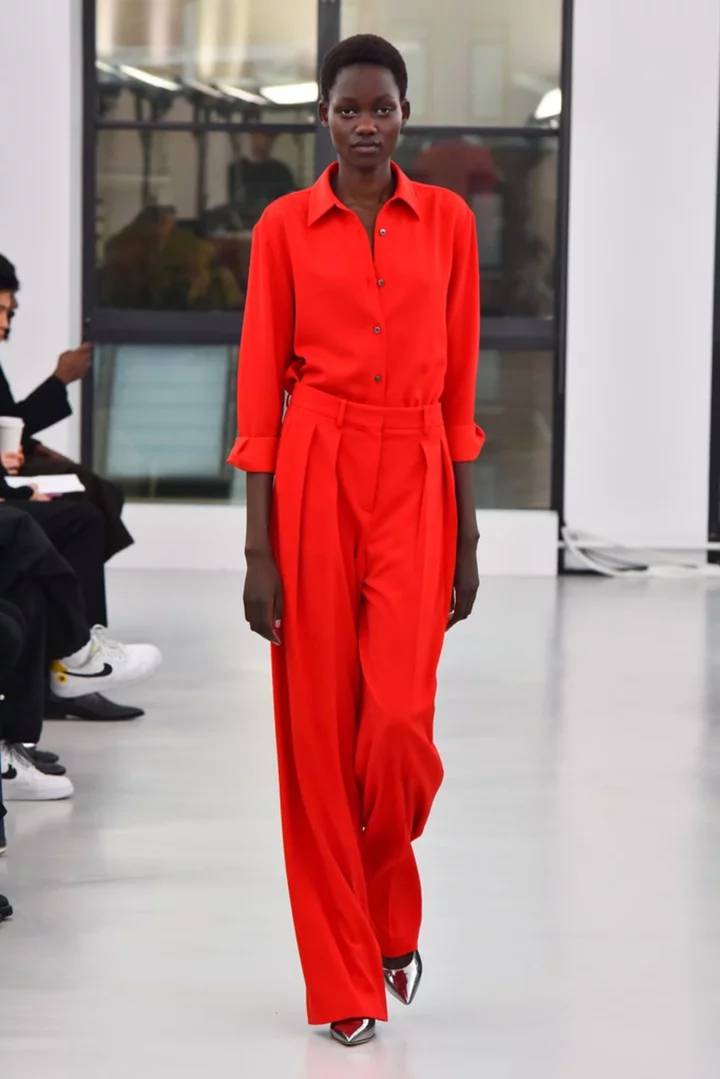
Seeing Red: How The R29 Team Styles The Top Color Trend Of 2023
